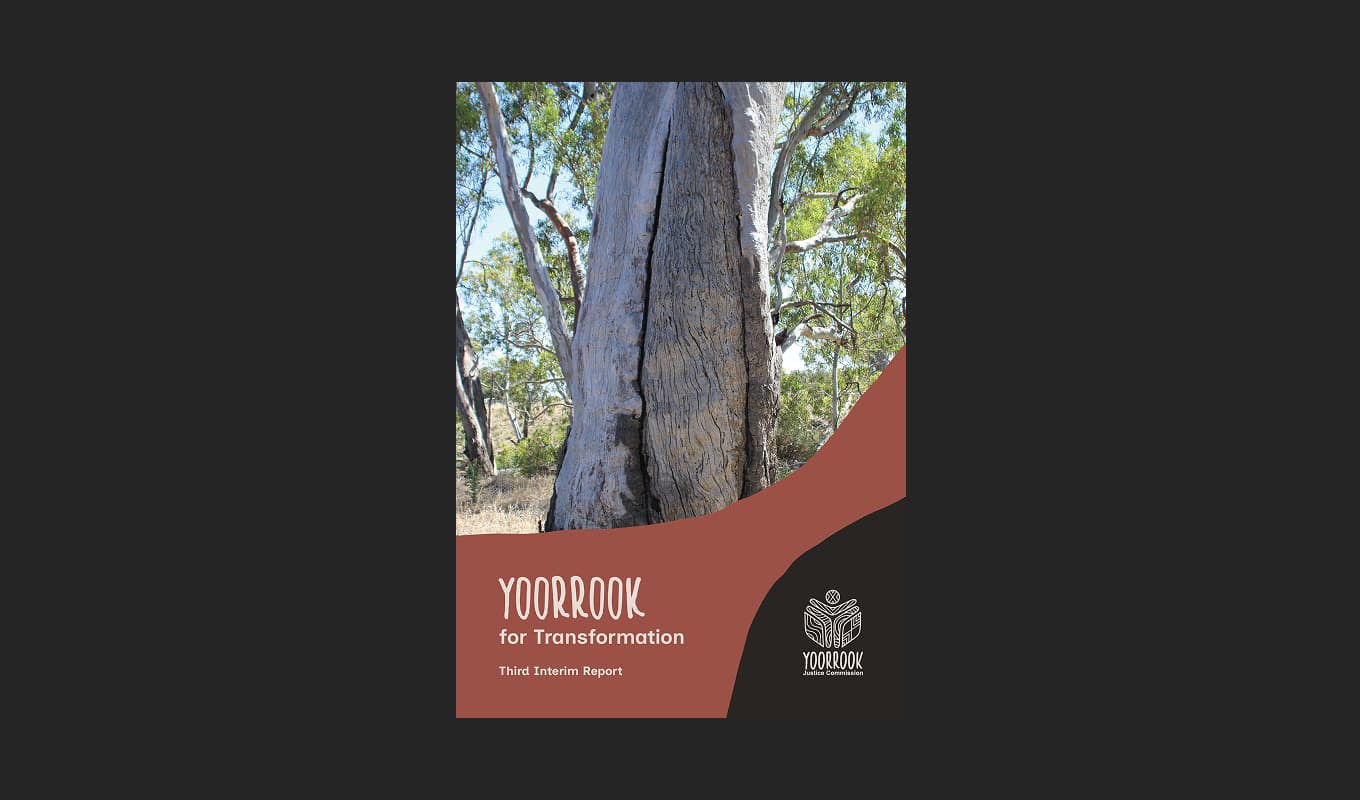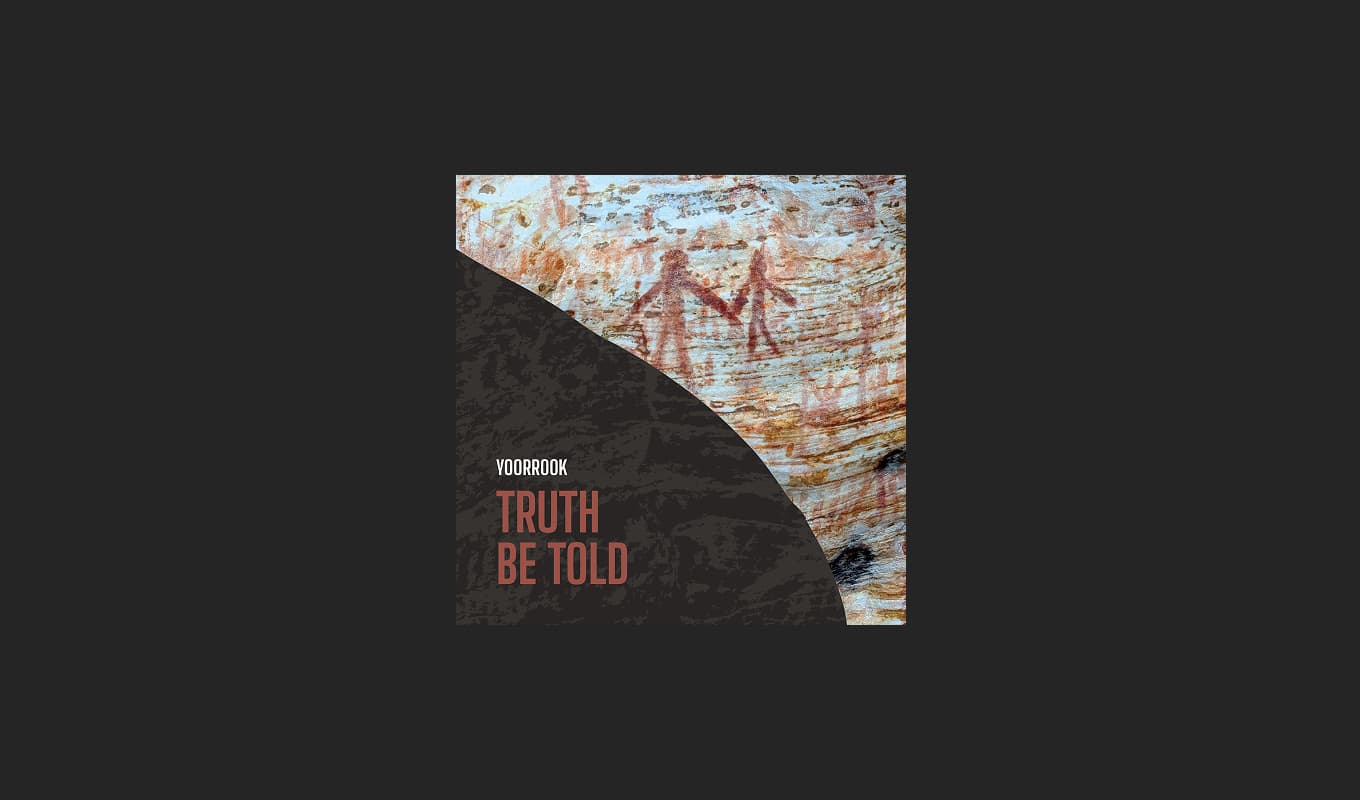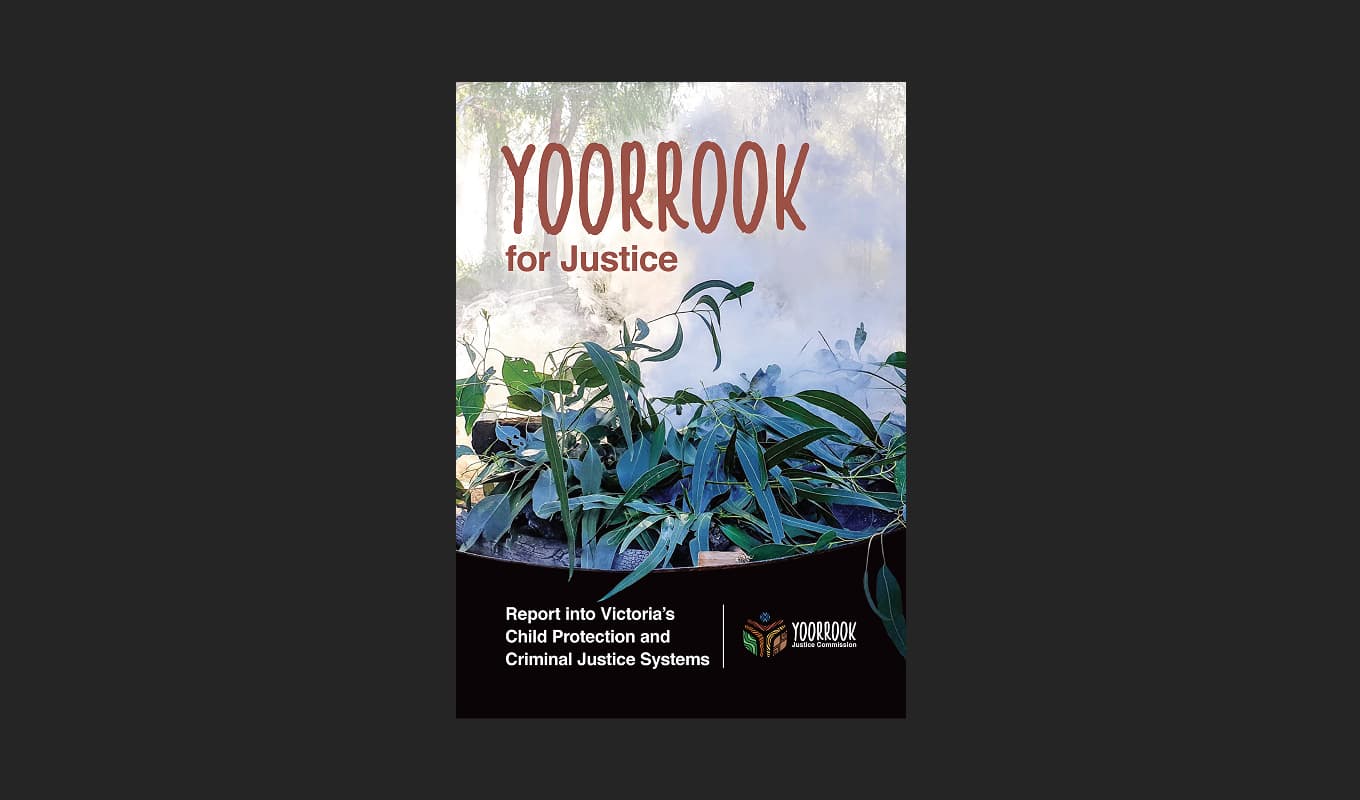Anonymous 1284
Anonymous 1284 found their education on First Nations history and culture lacking, with a focus on settler perspectives. They advocate for non-First Nations people to connect with the Country, learn from Traditional Custodians, and honestly examine their own ancestry and complicity in colonisation. They emphasise the importance of listening to First Peoples and acknowledging ongoing impacts.
Submission Transcription
I do not feel my learning about First Nations history and culture was comprehensive. I was born in 1995 and went through primary school in the early 2000’s, I did not learn about the Country on which I lived until later in my schooling years. We learnt about Captain Cook but did not learn about the negative impact of colonisation. I remember learning much about history through the lens of settler Australians. This lack of learning about First Nations history and culture continued throughout high school, where the majority of discussions around First Nations culture and history was generalised and did not speak to the injustices enacted by colonisers.
I think it would be helpful for non First Nations people to connect more with the Country they are on and learn more from Traditional Custodians of these specific places. In my experience, many settler Australian’s reject learning about First Nations cultures and histories because they become defensive about their own complicity or the actions of their ancestors, or they are conditioned to look at history with a white-washed lens. I sometimes feel that by recognising the injustices of Australia’s history, some people feel they are giving up the glorified image of Australia’s past, in turn, giving up their own sense of identity and culture. In primary school, we learnt the bush poetry of Banjo Patterson who along with Henry Lawson, contributed to the idea of the ‘true blue aussie’.
Non First Nations Victorians can really take a good look at their own personal ancestry. My heritage is English, Scottish, Irish, Dutch and German. I recognise that in some cases, my ancestors came to this country due to poverty in their own land. However, I have also come to learn that those that people who experienced trauma in their own home country then contributed to ongoing cycles of trauma here. I am not excusing the actions of my ancestors, rather, am working to understand the picture as a whole. I think it’s important for non-First Nations Victorians to remove the rose coloured glasses when looking at their own heritage. I live on Gadubanud Country where my ancestors settled in the 1800’s. I have directly benefited from colonisation and while this is uncomfortable and challenging, it is deeply important for me to interrogate my own history and not romanticise it. We need to listen to First Peoples and Traditional Custodians of the Country we are on. We need to get really honest with ourselves about the ways that the negative impacts of colonisation are ongoing and how we as individuals contribute either actively or through our own ignorance.
Non First Nations Victorians can really take a good look at their own personal ancestry. My heritage is English, Scottish, Irish, Dutch and German. I recognise that in some cases, my ancestors came to this country due to poverty in their own land. However, I have also come to learn that those that people who experienced trauma in their own home country then contributed to ongoing cycles of trauma here. I am not excusing the actions of my ancestors, rather, am working to understand the picture as a whole. I think it’s important for non-First Nations Victorians to remove the rose coloured glasses when looking at their own heritage. I live on Gadubanud Country where my ancestors settled in the 1800’s. I have directly benefited from colonisation and while this is uncomfortable and challenging, it is deeply important for me to interrogate my own history and not romanticise it. We need to listen to First Peoples and Traditional Custodians of the Country we are on. We need to get really honest with ourselves about the ways that the negative impacts of colonisation are ongoing and how we as individuals contribute either actively or through our own ignorance.
Truth-teller consent
Contact us about this submission
Contact us if you’d like to discuss this submission.
Similar submissions
Explore submissions from other witnesses that discuss similar topics.
Viki Sinclair (Fowler)
Viki Sinclair is a direct descendant of one of the original settlers of Gippsland, Colin McLaren. In this submission, she tells her personal story of... more
Anonymous 1481
The author has a broad understanding of colonisation’s impact on First Peoples but feels Victoria's education system was extremely limited in teaching... more
Denise Cusack Sister of Our Lady of Sion
Denise Cusack, Sister of Our Lady of Sion, found attending some of the Yoorrook Justice Commission public hearings to be a deeply moving experience,... more
Melissa Turnbull
Melissa Turnbull describes the brutal colonisation of Victoria, including undocumented massacres and displacement of First Peoples. Her education on F... more
Reports and Recommendations
Read the official reports and recommendations of the Yoorrook Justice Commission.

Yoorrook for Transformation
Third Interim Report: A five-volume comprehensive reform report presenting evidence and findings on systemic injustices, and specific recommendations for meaningful change to transform the future.

Truth Be Told
An official public record that documents First Peoples experiences since colonisation, preserves crucial testimonies for future generations and creates an enduring resource for education and understanding.

Recommendations for change
Yoorrook Justice Commission’s recommendations for truth-telling, justice, and systemic reform in Victoria.
